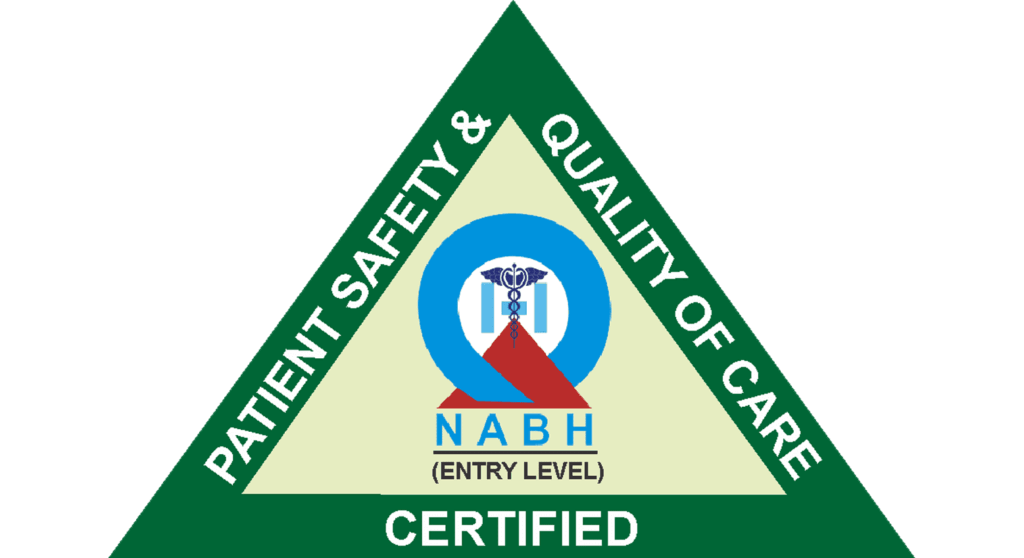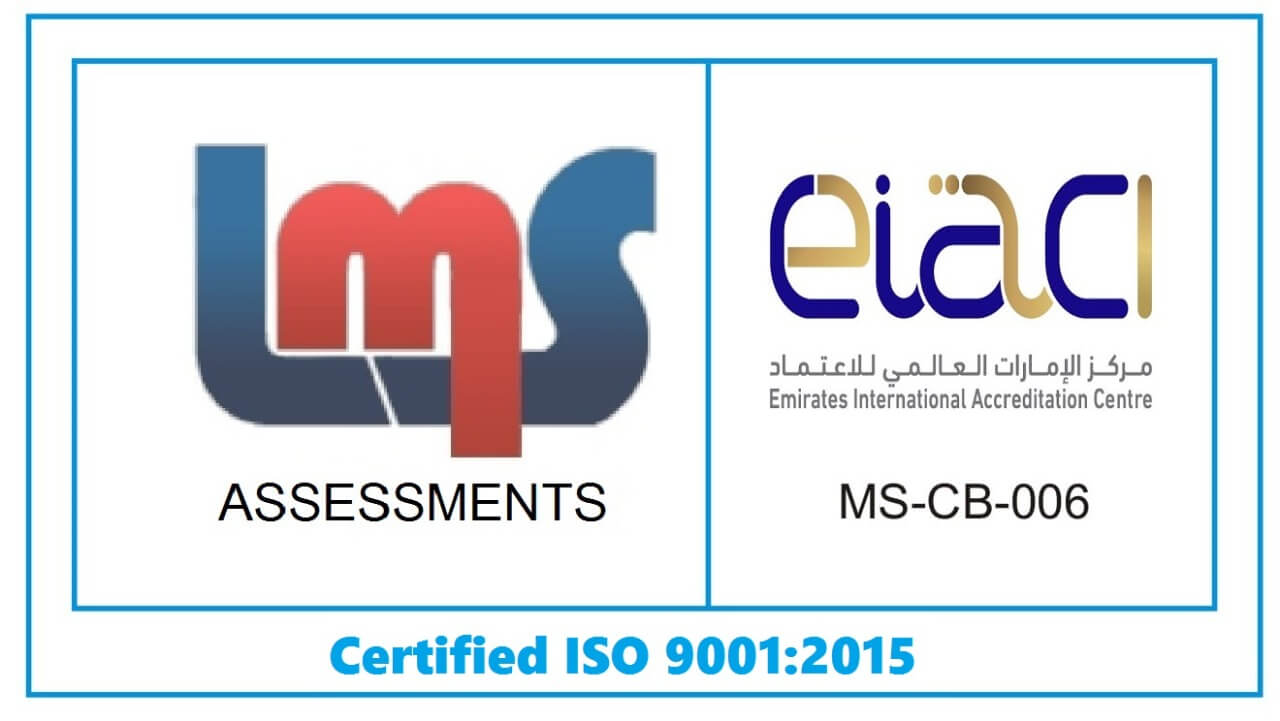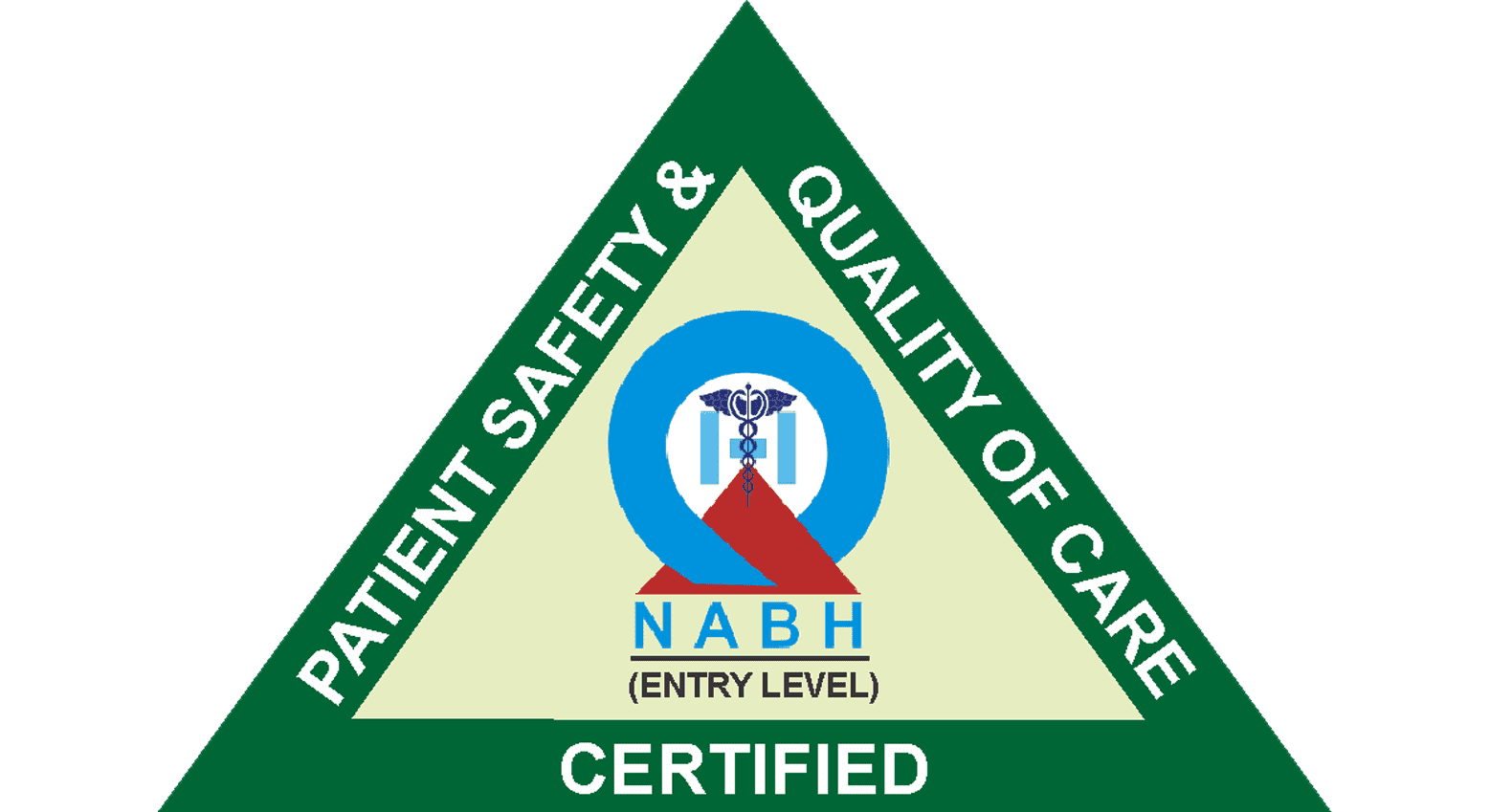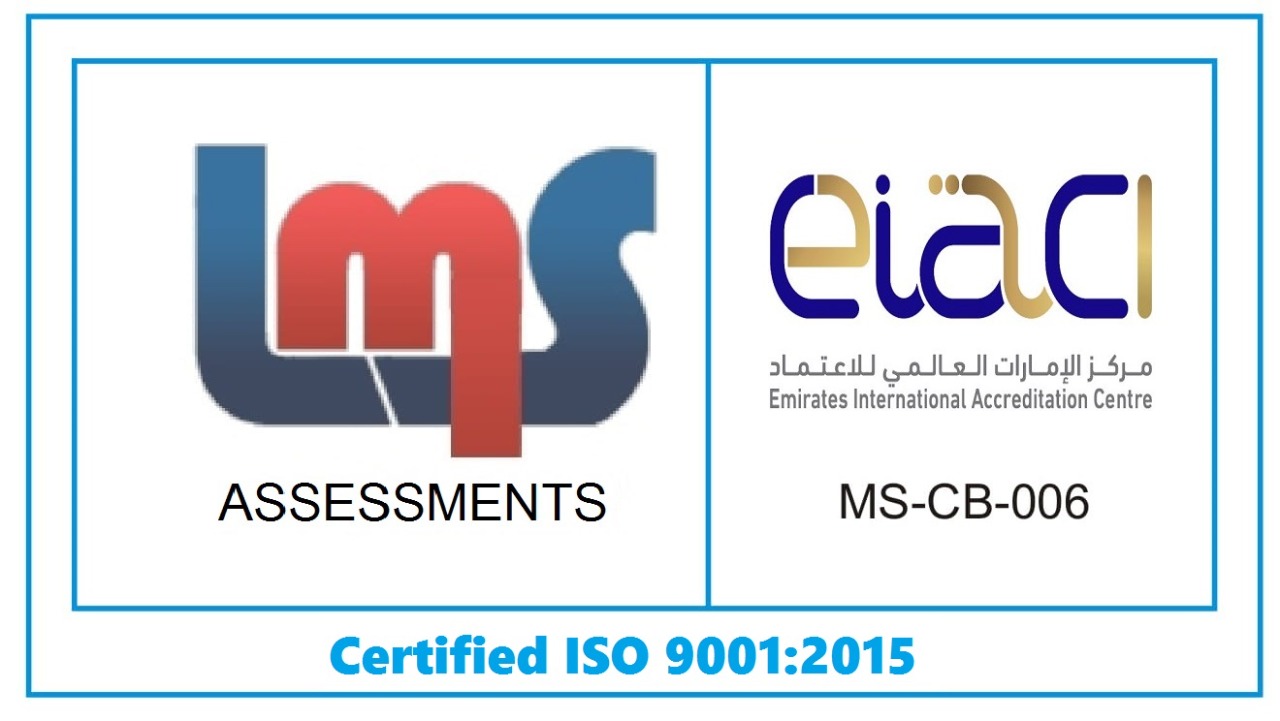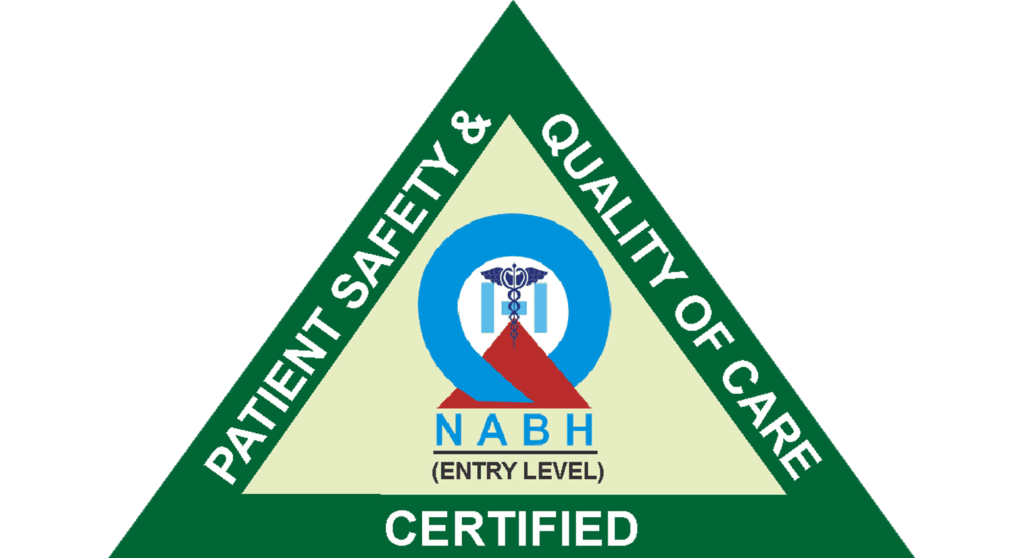Central Serous Chorioretinopathy (CSCR)
What is central serous chorioretinopathy?
The fluid cumulated under the retina is the most common symptom that occurs in men over women normally in middle age. Individuals prone to this condition can have a blurry and distorted central vision. The visual sight of your eye increases and decreases depending upon the position of the object place; hence, it becomes important to consult a professional healthcare eye specialist.
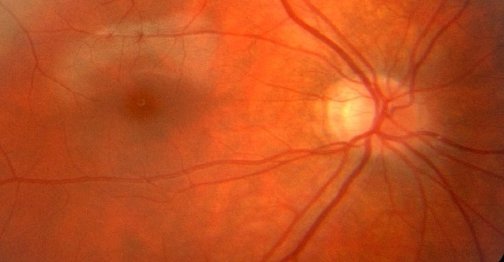
Symptoms

Distorted or Blurred Vision: Vision becomes distorted, with straight lines becoming wavy and core vision becoming fuzzy.
Changed Colour vision: Colours may appear less vibrant and vivid when compared to your normal vision.
Reduced Contrast Sensitivity: It may become difficult to distinguish between things of similar hue or brightness.
Central Vision Anomalies: Dark or grey patches in the centre of vision.
Causes

Central serous chorioretinopathy causes:
Several factors can contribute to central serous chorioretinopathy (CSCR).
Stress, particularly chronic stress, might cause damage to the blood vessels in the eye. Certain drugs combined with corticosteroids can also increase the risk of CSCR. It is also seen that men are more likely to develop CSCR than females, implying that hormones may be involved. Regular eye exams and stress management are essential for keeping your eyes healthy and detecting any problems early.
Central Serous Chorioretinopathy Treatment
The natural course of CSCR is frequently beneficial, with many cases resolving without the need for special therapy. When CSCR persists or causes considerable impairment, however, a variety of therapy options are available, including:
- Laser Therapy: This method includes using a laser to seal the leaky blood arteries that cause fluid collection. The intention is to encourage the reattachment of the separated retina.
- Medications: Healthcare providers may recommend anti-VEGF (Vascular Endothelial Growth Factor) drugs in some circumstances. These drugs are intended to reduce fluid leaks and speed up the healing process.
- Photodynamic Therapy (PDT): To target the affected area, PDT combines a light-activated drug with laser therapy. This method decreases fluid collection and aids in retinal reattachment.
Although Central Serous Chorioretinopathy is a rare disorder, it can have a major effect on one’s vision and general quality of life. It is essential to get expert medical assistance if you notice any odd changes in your eyesight or suffer symptoms related to CSCR. Early detection and care can have a significant impact on the course of the condition. Remember that your eyes are priceless, and protecting your eyesight is critical for a lifetime of clear and colourful vision.

